 Neil Back identifies strongly with the team GB athletes who have lifted the country with their performances at the London Olympics over the last few weeks.
Neil Back identifies strongly with the team GB athletes who have lifted the country with their performances at the London Olympics over the last few weeks.
England‘s former world champion flanker, who has just started a new job as Edinburgh‘s forwards coach, admits that the successes and failures of Britain’s 2012 Olympians have moved him to tears on frequent occasions as he has followed their fortunes on TV, or on the radio on his regular road trips to Scotland.
If English rugby has ever had a high-performance animal, then it is Back, and he says that the battle that he fought to make his mark gives him an automatic empathy with Britain’s Olympic contestants. The Leicester flanker was renowned throughout his 15 year elite playing career as one of the fittest, most dedicated athletes in Rugby Union, making up for his lack of size with the size of his heart, his durability, and his ability to maintain peak condition.
Back’s unquenchable competitive spirit made him one of England’s most decorated players. He crowned his 66-cap England career with a 2003 World Cup winners medal and a Six Nations Grand Slam, was selected for three Lions tours (1997, 2001, 2005) which included five Test caps, and won two Heineken Cups and four consecutive English Premiership titles with Leicester Tigers.
Since retiring in 2005 and going into coaching Back has continued to set the bar high – but he has learned the hard way that coaching is not as straightforward as playing. Having served his coaching apprenticeship at Leicester, as their ‘A’ team coach, and then progressed to become head coach at Leeds Carnegie, last season Back embarked on an ambitious five-year project to take Rugby Lions from National League 3 Midlands to the top of the professional tree.
The plans were hatched after Rugby Lions were bought by Michael Aland, a former player, and along with bringing in Back and his former Leicester and Leeds colleague, Andy Key, they included making ‘name’ signings, such as England Sevens veteran Ben Gollings, and the development of a 30,000 seater stadium with a retractable roof.
However, as reported in The Rugby Paper, the dream began to turn sour when the money-flow soon started to dry up. Where Back, Key and the players upheld their end of the bargain finishing unbeaten at the top of the league to win promotion to National League 2 South, the club’s finances were in a tangle, and in June the club went into liquidation.
Until now Back has refused to comment on the situation that saw some players at Rugby Lions facing financial hardship due to unpaid wages, but in this Rugby Paper exclusive he has broken his silence, speaking out for the first time since leaving the club in June.
“I signed a five-year contract in which we set out our vision over that period. It was aligned to a budget needed to achieve that, and the aim was to deliver it through a winning culture on the pitch, and by engaging the support of local businesses and the community off the pitch. I want to take this opportunity to thank the local business community for their support, and the players for creating a winning culture, and an enjoyable one.
“Everyone wanted to beat us, and we met that challenge – and I look back at what we achieved with pride. Everyone, apart from one man, can look back at it with pride. One man let everyone down. But it is in legal process at the moment and, hopefully, everyone will get what they are owed.
“What you have to ask yourself is why, having won promotion on an average match-winning margin of 48-10, and produced that culture, anyone would leave? And that is the failure of one man to deliver. Outside that it was incredible what we achieved. It wasn’t a case of spending millions – that is an untruth. We bought in a handful of key players who inspired the others towards achieving through sheer effort, bloody-mindedness and ruthlessness.”
Back will not confirm whether he paid some players out of his own pocket, but says: “It expanded my horizons getting that team together. I am a great believer that to build you have to be open and honest, and our players weren’t scared to air their views – and in the local media players have spoken openly and truthfully about the situation at the club.”
He concludes: “It was a fantastic, positive experience apart from one thing, and I wish everyone who remains at the club every success in the future. The only thing I feel bad about is not having thanked everyone for their hard work and effort – the whole squad, and the supporters in particular – because I absolutely loved it. I was there for the long run, and if you are talking about laying the foundations on the playing side, and in terms of engaging with the local community, you could not have done any better.”
Back says that his decision to join Edinburgh was determined not only by what happened at Rugby Lions, but by his desire to succeed: “It was about getting back to a club with huge aspirations, and it’s there when you listen to Michael Bradley and people at the SRU and their vision for Edinburgh and Scottish rugby. Edinburgh’s Heineken Cup semi-final performance last season was impressive, as was Scotland’s summer tour, and yet they finished eleventh in the Pro12 last season. Michael explained that their inconsistency was because they had 13 Scottish internationals away at times, and that it is about having the right culture, environment and strength-in-depth. They have recruited over the summer with that in mind, and my hope is to help Edinburgh’s progression and improvement.”
Back believes that the Olympic example could be inspirational in that progression, and says that he has kept in touch with Sir Clive Woodward, the British Olympic Association’s high-performance director, and 2003 World Cup winning coach. “I’ve texted him along the way, and will try to get some of the Olympic coaches and are high-performance staff at Edinburgh together – everyone in elite sport will want a piece of them.”
He adds, “You have to get coaches and players to ask whether what they’re doing is the best, or whether they can do it better. When you see people having success you want to know how they’re getting to a peak. I love all the psychology and the nutrition. I’d love to get in among the cyclists, the rowers, the swimmers and find out how they maximise on their potential. I call it ‘skill-power’, and part of that is the power to make the right choices. If we go back to the 2011 World Cup that means knowing that alcohol and a lack of sleep are detrimental to high-performance, so if you ignore that then you are letting down your team, your family, and your nation.”
Back admits that he finds what many of the GB Olympians have achieved so poignant because of the obstacles he had to overcome in his own journey.
“I am a very emotional man and when I see our gold medal winners I have an appreciation of what they have gone through in terms of hard work and sacrifice to be the best in the world. Look at Jessica Ennis. Four years after disappointment in Beijing she has shown incredible physical and mental strength in an event in which your dreams, after four years of work and dedication, can all be over in one event in one day.
“I can feel their joy, and also their pain. Driving up to Edinburgh listening to the commentaries on the radio, or sitting watching it on TV at home, I have often been in tears. My kids say, ‘Dad’s crying again’ – and I say it’s hayfever. It brings memories of what I’ve been involved in in a team sport, and you feel admiration for their sacrifice and dedication. To be the best they have to have more than natural ability, they must be mentally tough, and to get into the last eight in an Olympic final, let alone get a medal, is a tremendous achievement.”
Back says the 2003 World Cup winners shared the same mentality: “I have trained in the snow on Christmas Day because I knew my competitor wouldn’t be, and they will all have their stories. The rowers talk about falling off their machines and being sick. I know because I’ve been with the group who’ve been there and pushed themselves to that point.
“To be the best you have to have a training partner, because you need competition to push you. At Leicester with Lewis Moody, Josh Kronfeld and Will Skinner as competition at openside I knew that if I wasn’t on top of it they would have my shirt. All the athletes also talk about the support from their family and their coaches, and it is so important. The saying is, ‘happy wife, happy life’, and it is important to recognise the sacrifices everyone makes. When I picked up my 14-month-old son, Finley, and took him onto the pitch in Sydney after the World Cup final, he gripped his mother’s neck because he didn’t know me. I was a stranger.”
Back believes that England’s team culture has been put back on the right track by head coach Stuart Lancaster. “Stuart will ensure that England get back to being the best in the world. He will be asking the players whether they want to see headlines about performance or about off-field stuff, and he will steer them in the right direction. The culture of the team is the most important building block, and it is about the aspiration to be the best. Those standards cannot be imposed by a coach, they have to evolve through peer pressure – the idea that if you don’t perform because you haven’t prepared properly you are letting not just yourself down, but every one of your team-mates. If the players set the rules, they will make sure everyone adheres to them.”
He says it was an essential component in England becoming world champions. “With the 2003 World Cup winners Clive Woodward didn’t have to say anything too much at the end because the team was self-managed. But that was only because he had made sure everything was in place before then.
“The best analogy is that when you learn to drive at first you are tense and sweating, but years later you do everything automatically. We got on the pitch and played without thinking – we had gone from having to talk to each other to being able to communicate with a gesture or a stare.”
“It was highlighted by Johnno in the tunnel before the World Cup final. Usually he would turn around and say a few words of encouragement just before we jogged out, but before the final he just glanced over his shoulder and said nothing. He told me later, ‘Backy, I looked back and I knew there was nothing to say. We were ready’.”
Back’s anecdote captures the culture of that champion squad, and it is a culture that he has seen again in the golden glow of the 2012 Olympic summer. Now, with a Lions tour next summer and the 2015 World Cup on the horizon, he says it is up to rugby in these parts to carry the torch.

1 Comment
You must be logged in to post a comment Login
Leave a Reply
Cancel reply
Leave a Reply
You must be logged in to post a comment.




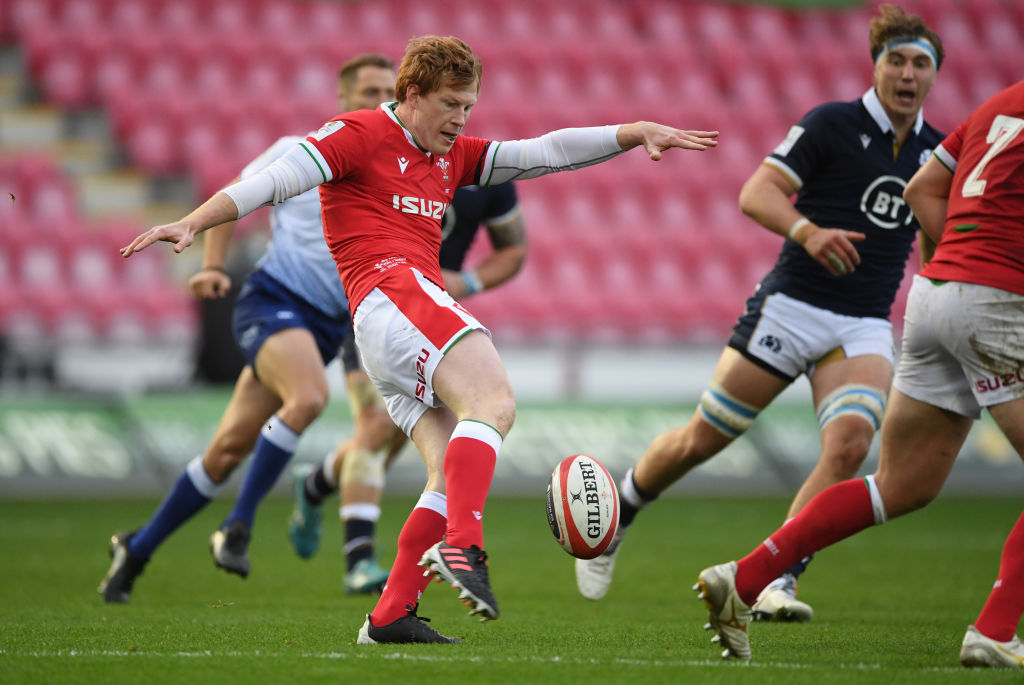

















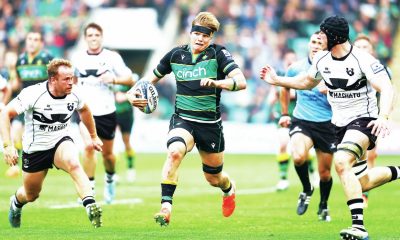

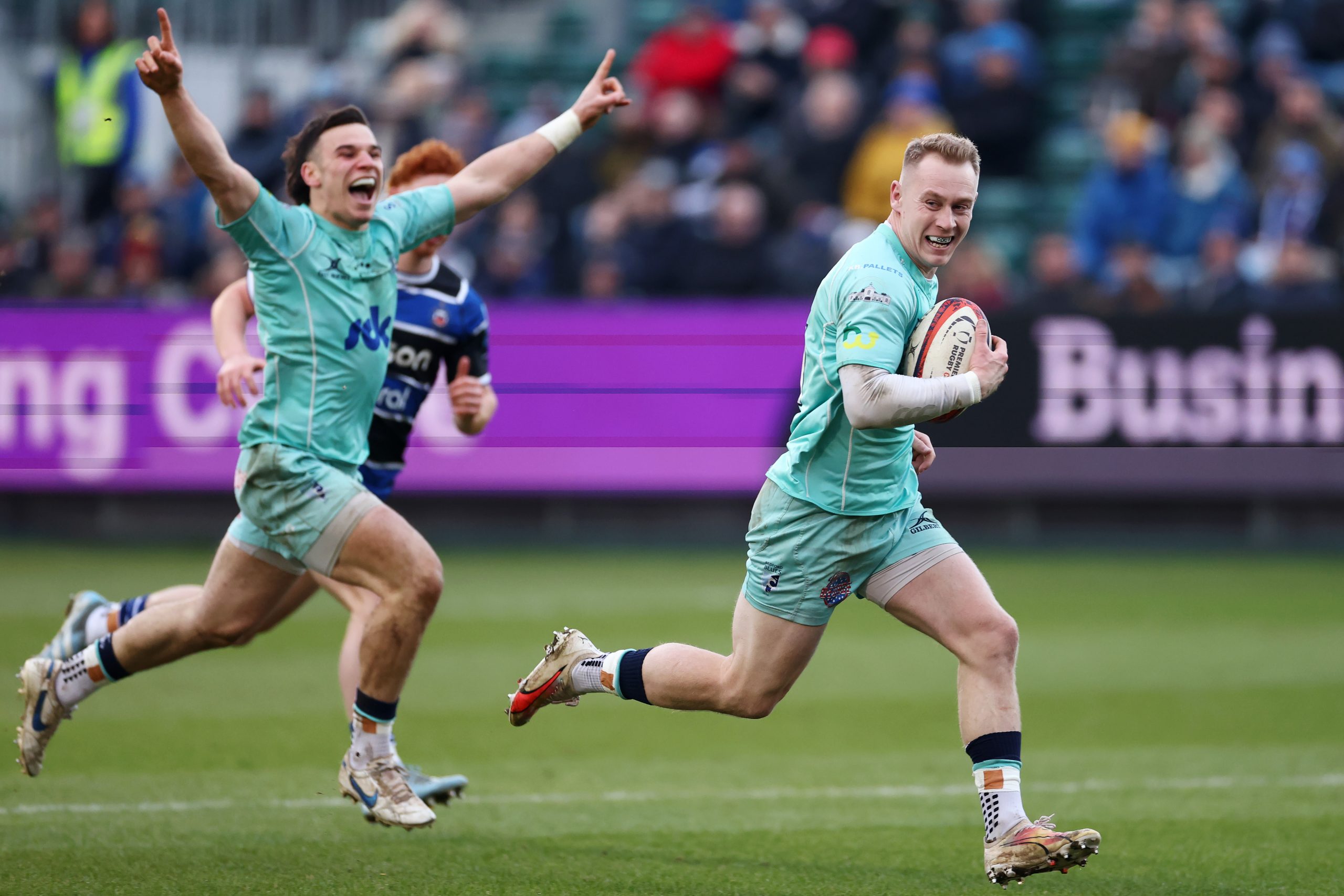
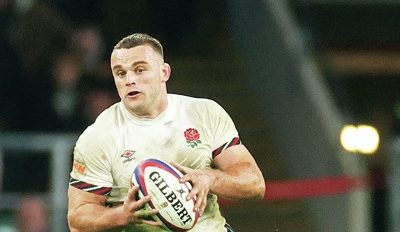

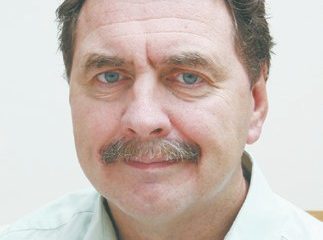

Pingback: สมัครเน็ต ais